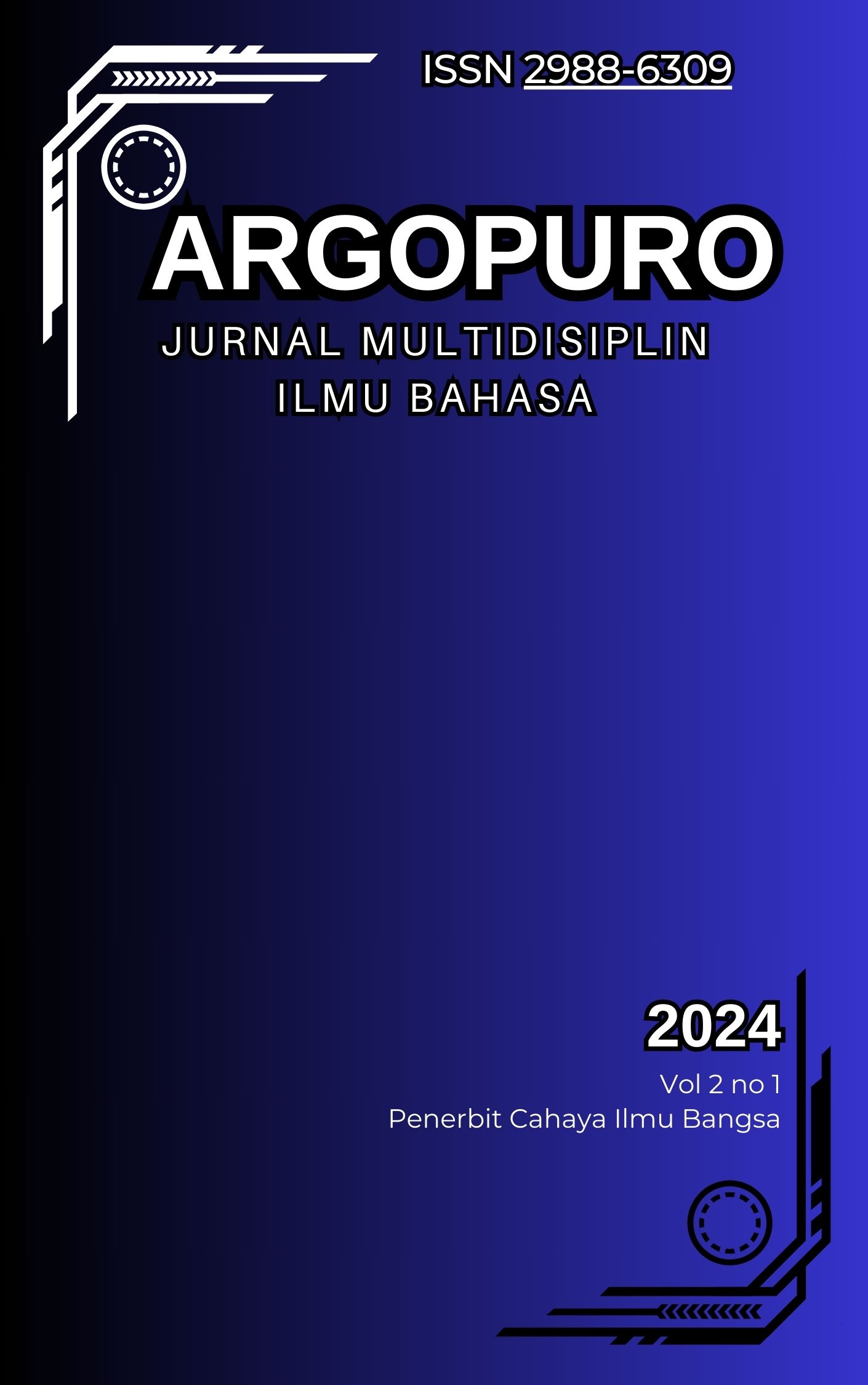PERKEMBANGAN HISTORIS ILMU SHOROF: ANALISIS KONTRIBUSI ULAMA KONTEMPORER TERHADAP SISTEMATIKA MORFOLOGI BAHASA ARAB
Main Article Content
Abstract
This study aims to examine the historical development of Ilmu Shorof (Arabic morphology) and to analyze the contributions of contemporary scholars in reconstructing its systematic framework. Using a qualitative approach and the library research method, this research explores the evolution of Shorof from the early Islamic period through the Abbasid era to modern linguistic reforms in the 20th and 21st centuries. Classical scholars such as Khalil ibn Ahmad and Sibawaih laid the foundational structure of morphological systems through deductive and analytical methods. Their contributions provided a rigid yet comprehensive system for understanding root-based word formation and morphological derivation in Arabic. In contrast, contemporary scholars such as Ramadhan Abd al-Tawwab and Mahmud Fahmi Hijazi have introduced structural and functional reforms by integrating modern linguistic theories and digital learning approaches. Their contributions have made Shorof more accessible and pedagogically effective for modern learners, especially in non-Arabic speaking environments. The findings of this study indicate a clear methodological shift from memorization-based teaching to contextual and application-based approaches. Despite these differences, both classical and contemporary systems offer valuable insights and can be synergized to enhance Arabic language learning. This research recommends a balanced integration of traditional foundations with modern innovations to ensure that Shorof remains relevant, applicable, and dynamic in contemporary Islamic education.
